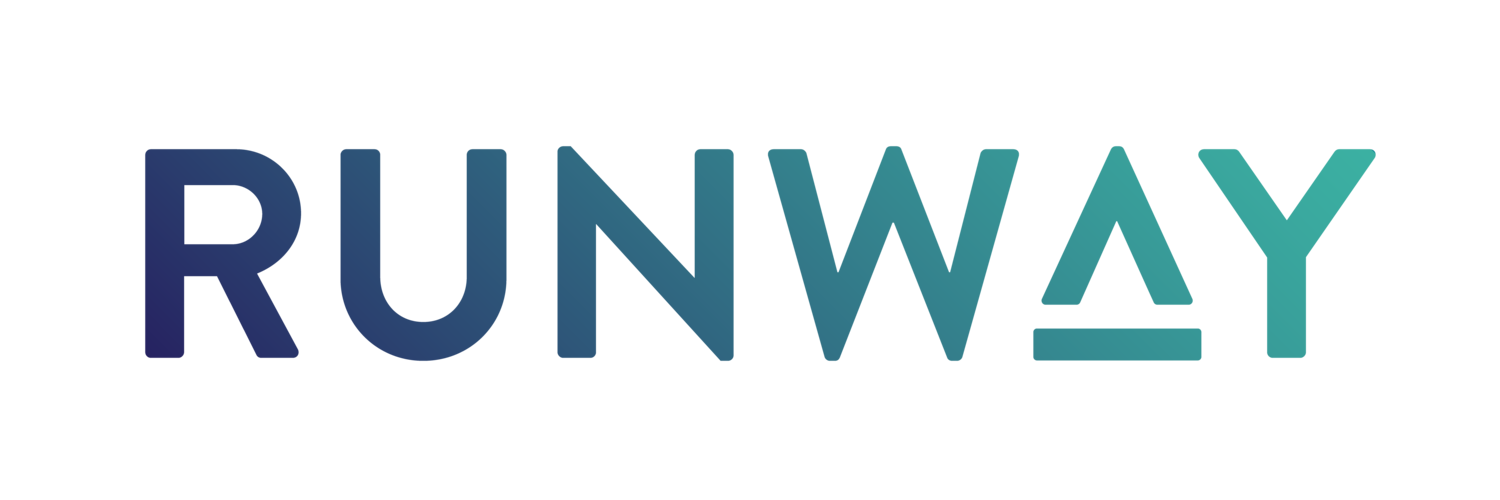Healing Through Capital: Where Believe-in-You Money Meets Reparative Capital
In order to converge at the junction where Believe-in-You Money and Reparative Capital meet, we must first acknowledge what Believe-in-You Money is meant to restore and what Reparative Capital is meant to repair.
Believe-in-You Money is “friends and family” funding with a resounding ashe. Believe-in-You Money asks us to reimagine how we support Black entrepreneurs by offering them more than just capital. It’s about believing in their potential and investing in their dreams in a way that acknowledges and rectifies systemic injustices. Traditional financial systems often view Black businesses through a lens of risk and deficit. In contrast, Believe-in-You Money sees them as assets and recognizes them as culture creators, full of untapped potential and brilliance.
This approach involves creating financial models that are non-extractive and anti-racist. It means providing capital that is patient and flexible, understanding that the journey of a Black entrepreneur is fraught with unique challenges that require time and tailored support.
At the heart of economic transformation lies the powerful intersection of Believe-in-You Money and Reparative Capital. These approaches don’t just provide financial support; they offer a pathway to healing, repair, and justice. As advocates for a more equitable financial system, we believe that creating an economy that loves Black people means centering Afro-Indigenous values of restoration, community governance, shared risk, and ownership.
Reparative Capital believes in supporting the whole person, not just the business. That means recognizing the unique experiences of Black entrepreneurs and providing the resources they need. Reparative Capital embodies values that prioritize the well-being of people and the planet over profits alone. It’s about creating systems where everyone has a stake and a say, and where the success of one is tied to the well-being of all.
Reparative Capital also challenges the status quo of our current economic systems, which are often extractive and exploitative. It seeks to repair the harms caused by centuries of systemic racism and economic disenfranchisement. By centering the experiences and needs of Black and Indigenous communities, Reparative Capital works to build an economy that is just, sustainable, and inclusive.
Creating a movement around Believe-in-You Money and Reparative Capital requires a collective effort. It starts with changing the narrative around Black entrepreneurship. The act of funding Black entrepreneurs or supporting Black businesses should not just be an act of “goodwill” in response to a social movement, like the performative allyship that followed the mass demonstrations after George Floyd’s murder amid the crest of the Black Lives Matter movement in 2020. Instead, it should be recognized as a strategic and essential investment in the economic empowerment and sustainability of Black communities. Genuine support involves a long-term commitment to addressing systemic barriers and creating equitable opportunities that enable Black businesses to thrive. This requires intentional actions, such as providing access to capital, resources, and networks, fostering inclusive business practices, and advocating for policies that dismantle economic disparities.
At their core, Believe-in-You Money and Reparative Capital are about healing and justice. They acknowledge the historical and ongoing harm faced by Black and Indigenous communities and seek to create economic systems that are reparative rather than exploitative. This means investing in ways that heal the wounds of the past and build a future where economic and political power is more equitably distributed.
By centering the values of restoration, community governance, and shared ownership, we can meet where Believe-in-You Money and Reparative Capital converge and create a movement that not only supports Black entrepreneurs but transforms our entire economic system. It’s about building an economy that loves Black people, values all life, and creates opportunities for everyone to thrive.


